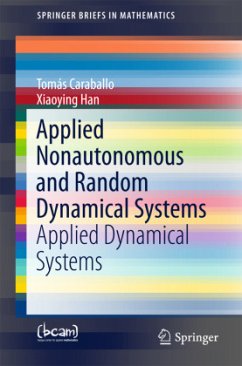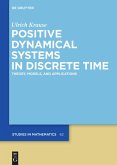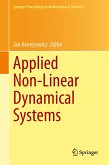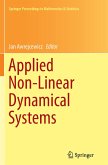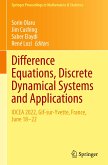This book offers an introduction to the theory of non-autonomous and stochastic dynamical systems, with a focus on the importance of the theory in the Applied Sciences. It starts by discussing the basic concepts from the theory of autonomous dynamical systems, which are easier to understand and can be used as the motivation for the non-autonomous and stochastic situations. The book subsequently establishes a framework for non-autonomous dynamical systems, and in particular describes the various approaches currently available for analysing the long-term behaviour of non-autonomous problems. Here, the major focus is on the novel theory of pullback attractors, which is still under development. In turn, the third part represents the main body of the book, introducing the theory of random dynamical systems and random attractors and revealing how it may be a suitable candidate for handling realistic models with stochasticity. A discussion of future research directions serves to round out thecoverage.
"This brief monograph gives an introduction to the theory of non-autonomous, random and stochastic dynamical systems. The book is accessible for a wide audience and gives some citations to more recent research. ... The main emphasis is on the study of the long-term behavior of solutions and pullback attractors. A discussion of future research directions supplements the topics presented." (Henri Schurz, Mathematical Reviews, June, 2017)

